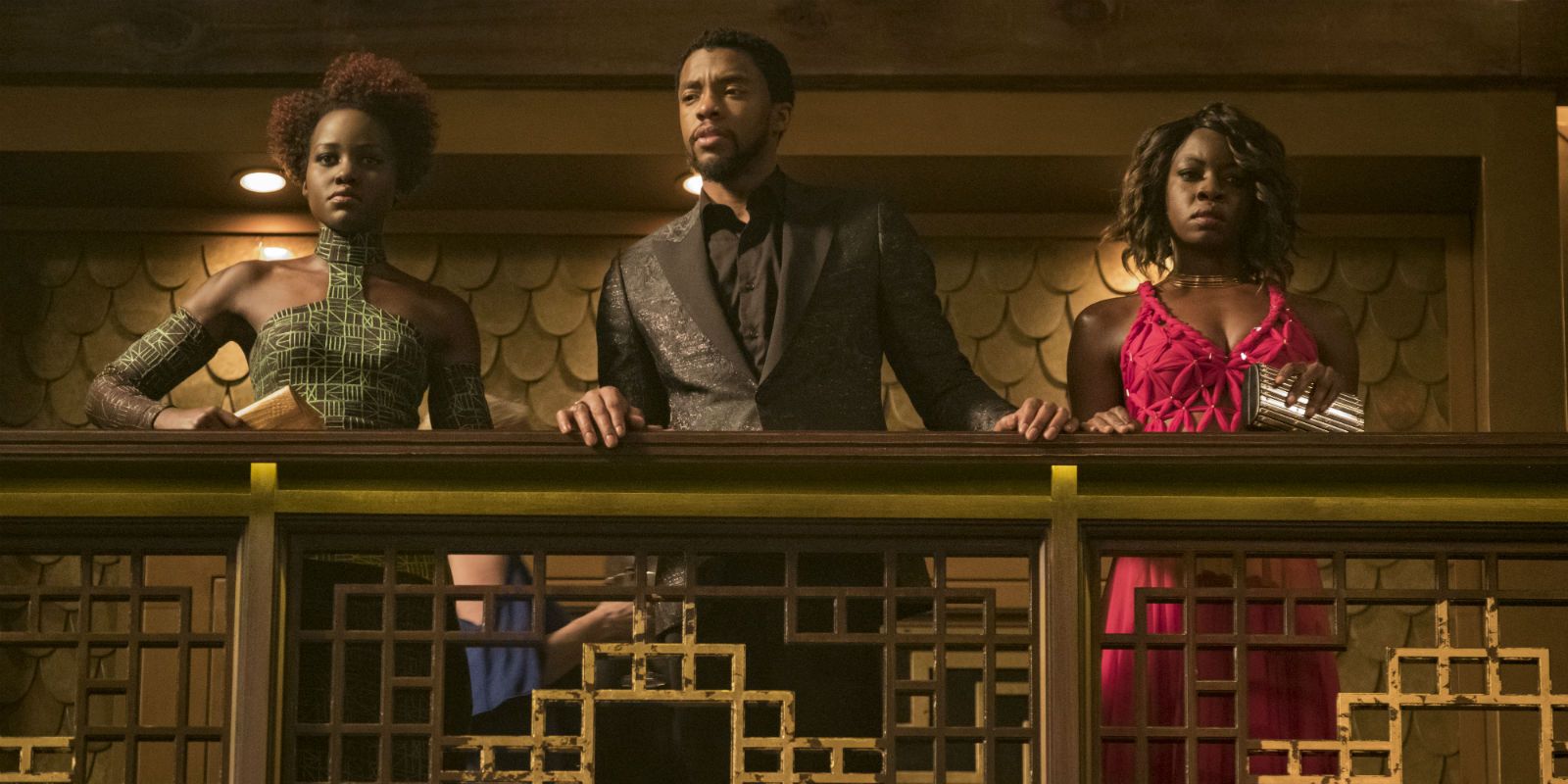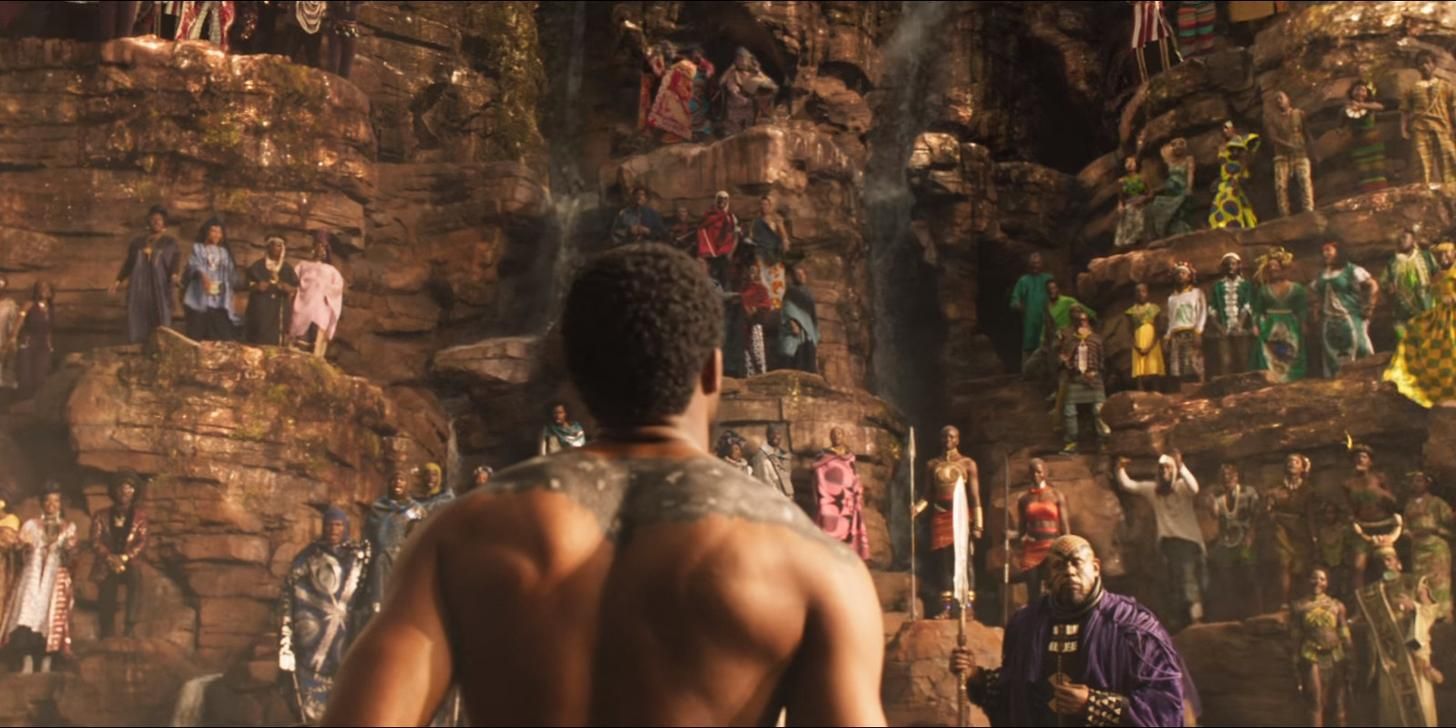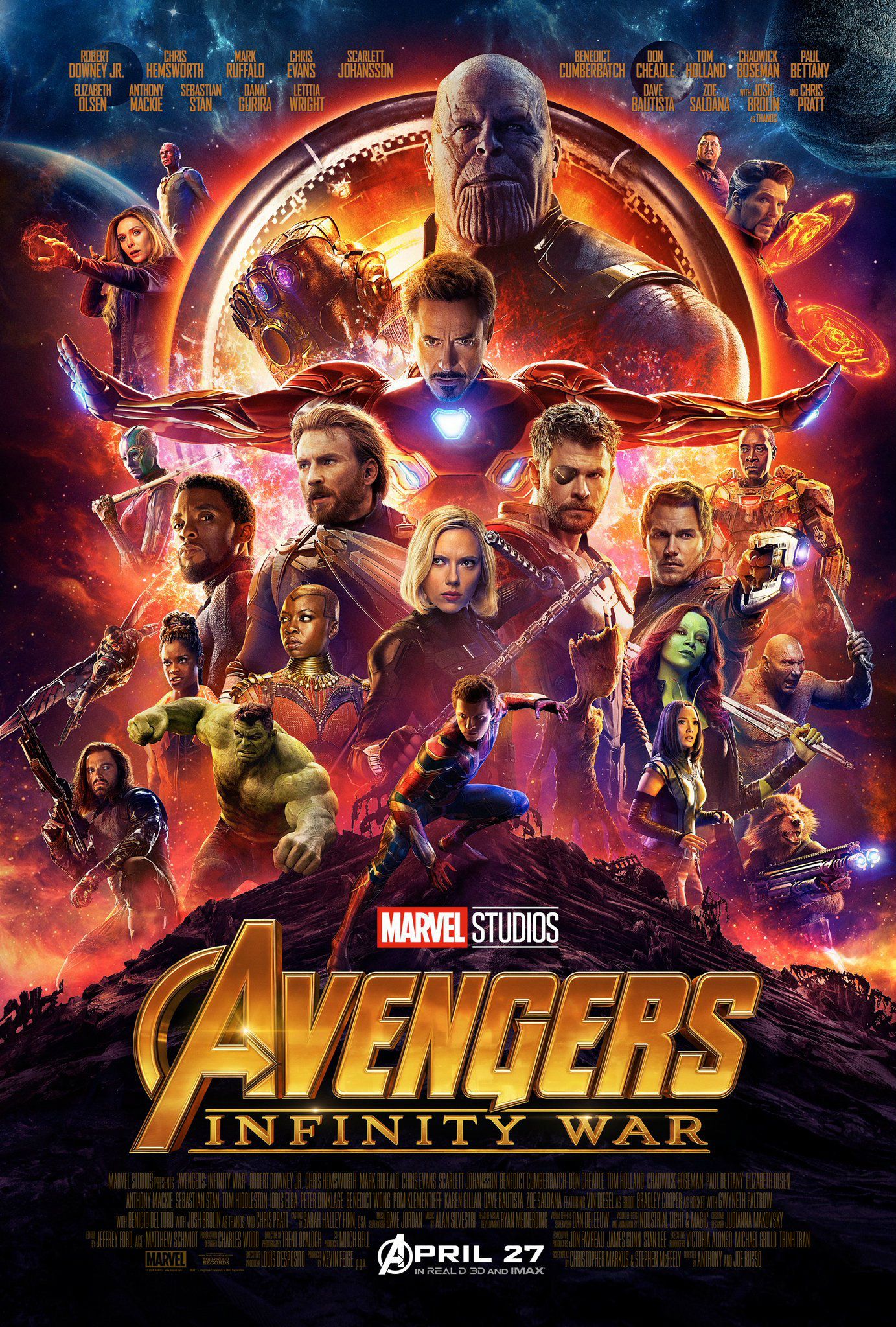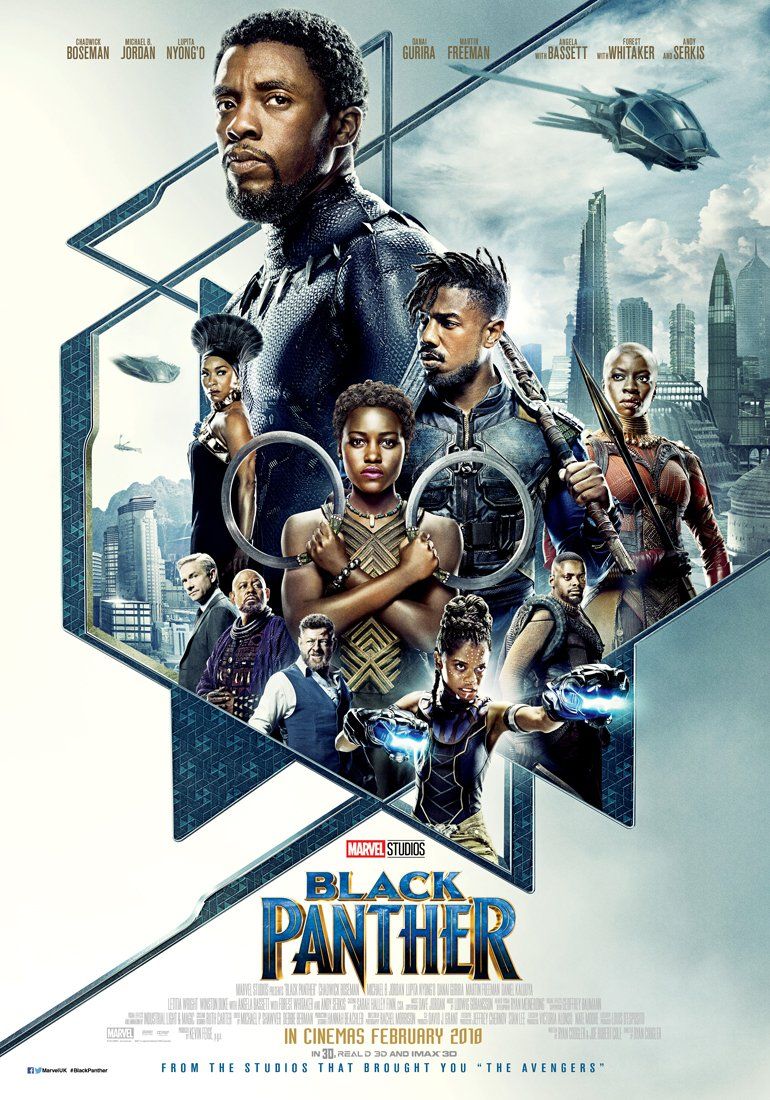Black Panther producer Nate Moore explains the reason why Wakanda decided to stay out of the global limelight and operated autonomously from the rest of the world.
Directed by Ryan Coogler, Black Panther reunites people with T'Challa (Chadwick Boseman) from 2016's Captain America: Civil War, whose father's tragic death suddenly forced him to take over the Kingship in his native land of Wakanda. Now, we see him return home with the responsibility to not just be the leader of the country, but also be its protector. Unfortunately, before he can even learn the ins and outs of his job, he is met with several crises brought about by internal and external factors. With his people's future at risk, the new King is torn on what's the best way to safeguard the nation's fate that he is bound to protect.
RELATED: Black Panther Co-Star on Film’s Importance: ‘It is History’
During our visit on the set of Black Panther, Moore talked about the reason why Wakanda, with all the assets that they could be proud of, decided to keep their profile on the down low and let the whole world believe the facade that they are a third world nation which thrives in farming and has no advanced tech:
"If you think about the way the world works, whenever any country has something of value, it tends to draw a lot of eyes. It tends to draw you into conflict, frankly. I think Wakanda saw, very early on, that if people knew that they had vibranium, which they do, they were going to be conquered. Or at least at war forever. So, they did the smart thing.
They hid that fact, so nobody knows that they have the stuff. That's why they've been able to have these advancements, because they don't spend money on war. They don't spend money defending themselves constantly. They just spend money on infrastructure, which again, that will feel topical without being overt, but just that idea.
Oh yeah, what happens when you're not 24/7 trying to fend off the rest of the world? By hiding in plain sight, and being what people think of as a small African nation. Poor, farmers, shepherds, textiles. People leave them alone, and that's allowed them to build something amazing."
Despite being a work of fiction set in a fictional nation, the story of Black Panther resonates to communities that have African heritage in a lot of ways. The mere fact that they are represented properly on the big screen via a blockbuster project that will be seen by millions of people all over the globe is an achievement in itself, but Coogler and his team went to greater lengths to make sure that the film is not just aesthetically rich, but also culturally and politically correct. Even the mother tongue of Wakanda mined inspiration from the real world with the use of isiXhosa, a Nguni Bantu language and one of the official languages of South Africa.
More importantly, Black Panther illustrates that people with African roots in them, who are often marginalized and looked down on, are in fact, every bit of capable much like their global counterparts. The thought that the continent would not have been cultured if not for being colonized is a hoax as the indigenous people from that part of the world have come up with ancient wonders without being overseen by people from other pockets of the world. This concept is enough to draw so much attention to the film and to hear that it was done brilliantly and beautifully by Coogler will only up people's anticipation for the upcoming Marvel project.
MORE: Marvel Producer Says Black Panther Doesn’t Directly Set Up Infinity War







